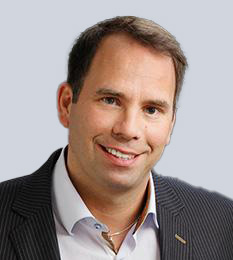
With our HUR webinars we have covered many topics, but a key aspect of every talk is always health and wellness – what are the key principles when planning an exercise program to gain and maintain best health and wellness.
World Health Organization (WHO) has defined health as “a state of complete physical, mental, and social well-being and not merely the absence of disease or infirmity (illness)”. Wellness is defined “the optimal state of health of individuals and groups.” Indeed, the two are very closely linked and it could be said that good health is our goal, and wellness is the product of a healthy lifestyle – the ability to live the life we choose.
Wellness can also be defined as the activities and choices we make to reach our best health and well-being. It is the results of our lifestyle choices, including the control of risk factors and inclusion of beneficial factors such as nutrition, exercise and social interactions.
Exercise and physical activity are well established as key factors in maintaining health and wellness for all age groups. The key goals might vary – while in our fifties our main goal is to keep up good health and mobility, staying active and preventing chronic diseases, as we get older we must set in appropriate principles to keep up health and wellness including muscle strength and bone mass, but also to exercise to keep up our quality of life, maintain independence and avoid falls.
The well established research evidence gives us guidance on the best principles, with services provided by allied professionals. One of these providers is Southern Cross Care (SA, NT & Vic) Inc. (SCC), providing evidence-based, person-centred, best practice care, delivered with a case-to-case model that provides individual client health pathways.
Their service has been well received in the community with over 3000 clients, average age 79.6 years, in South Australia and Northern Territory. The services have consisted of over 45—exercise group presentations, over 1250 allied health one-one-one services, and over 6000 respite hours.


















































